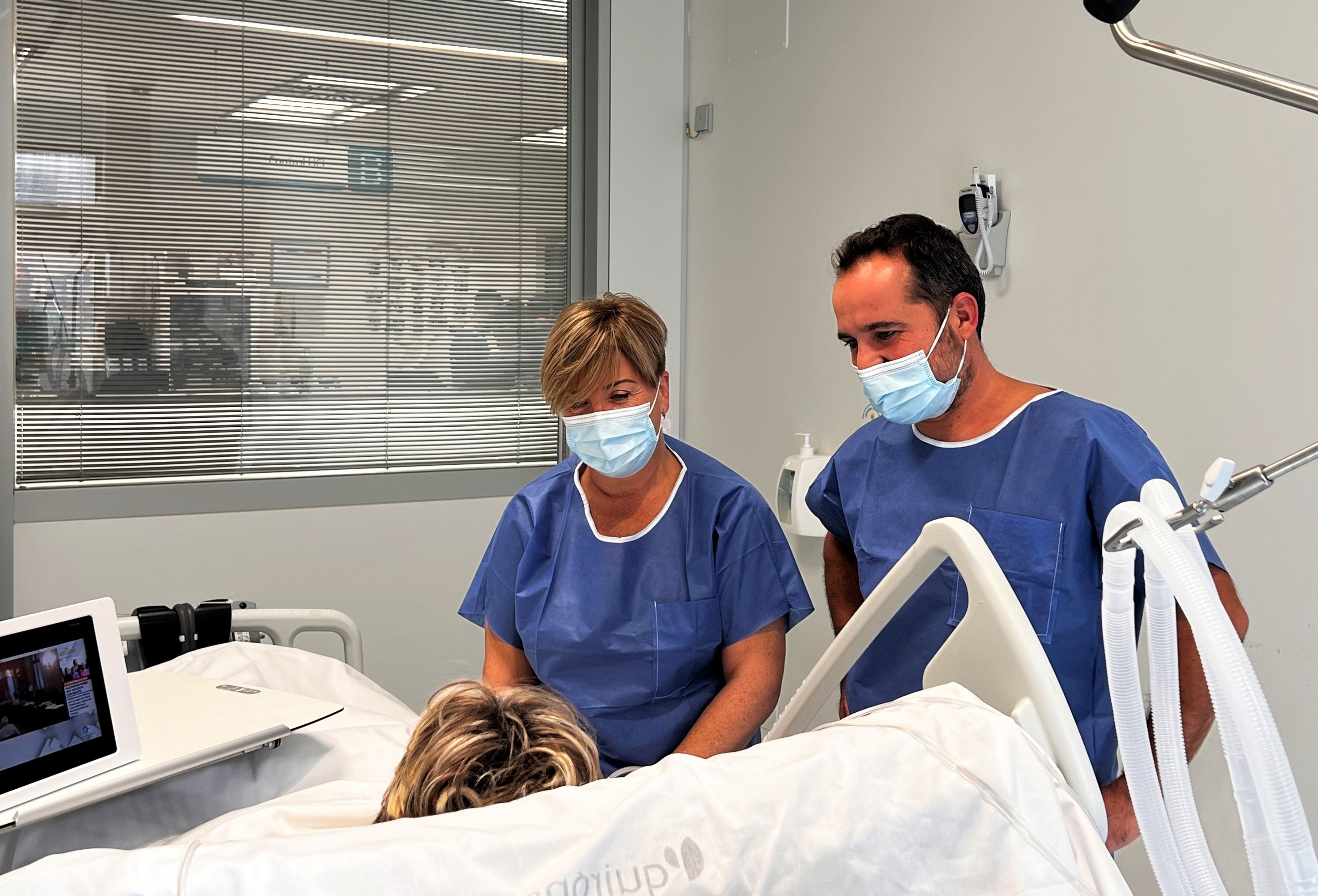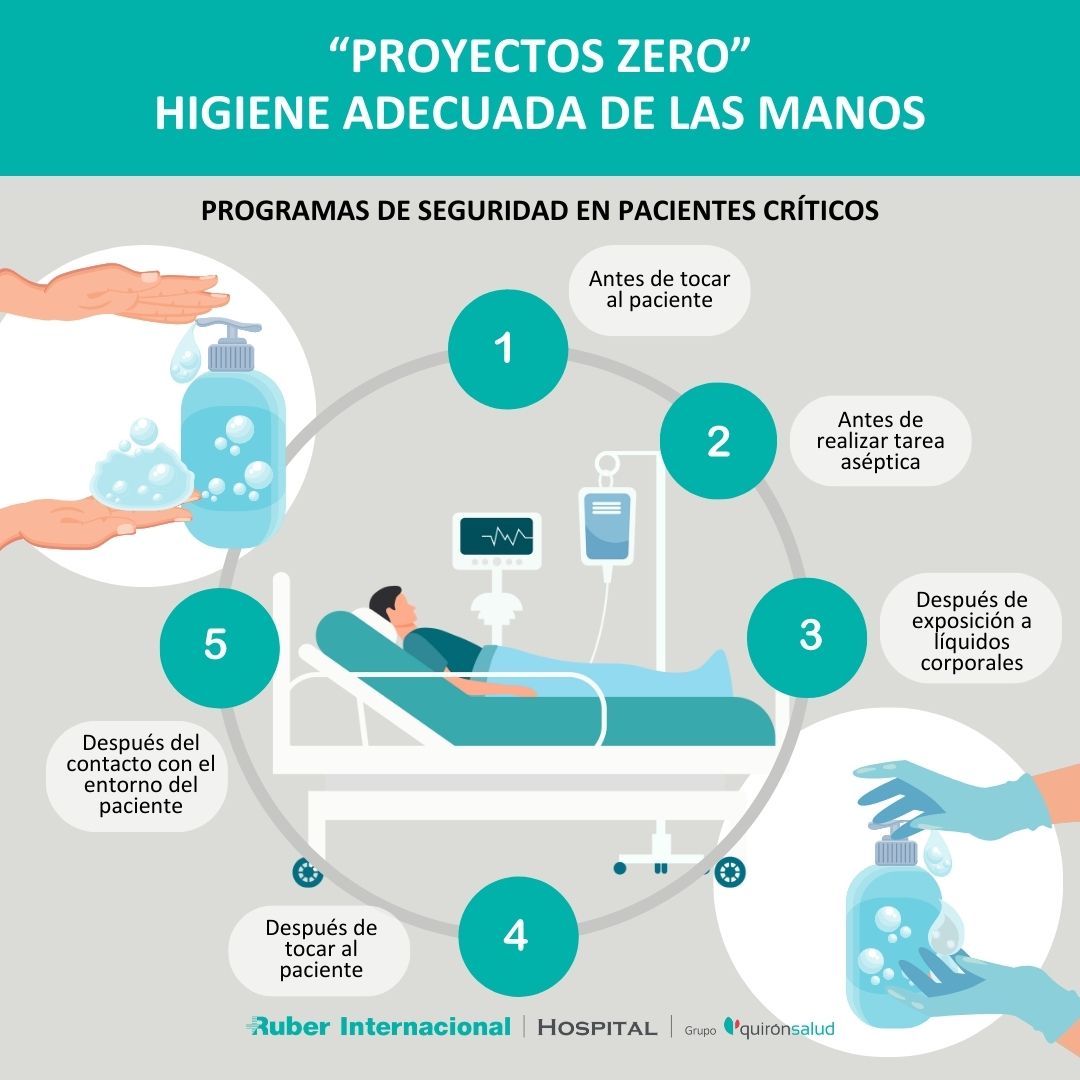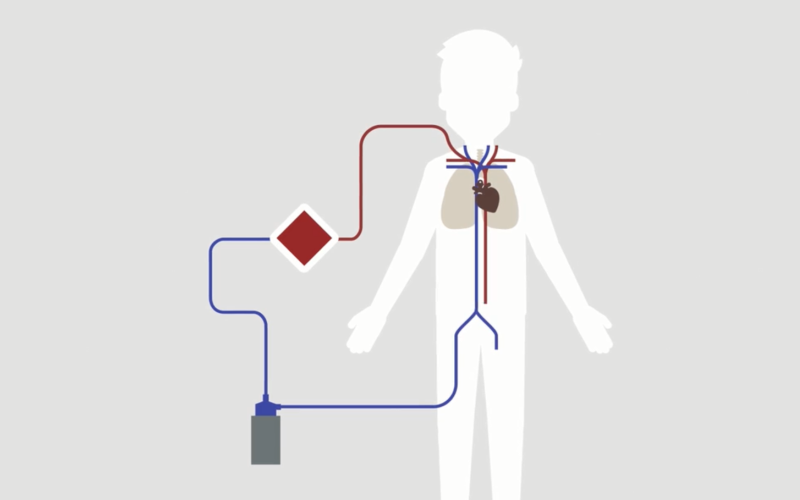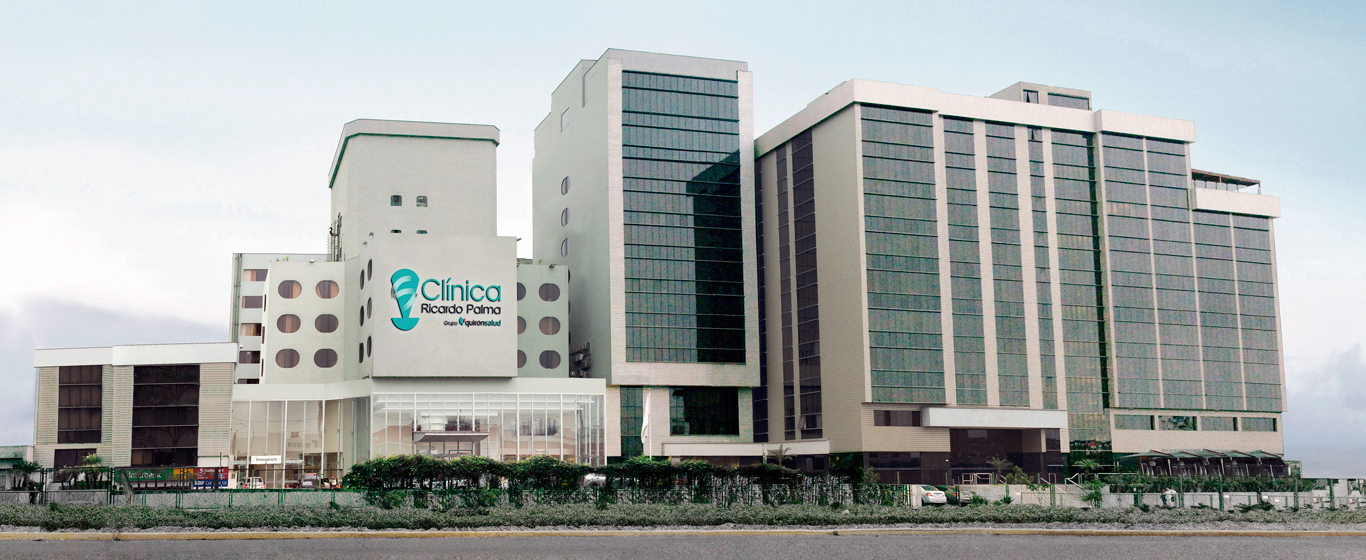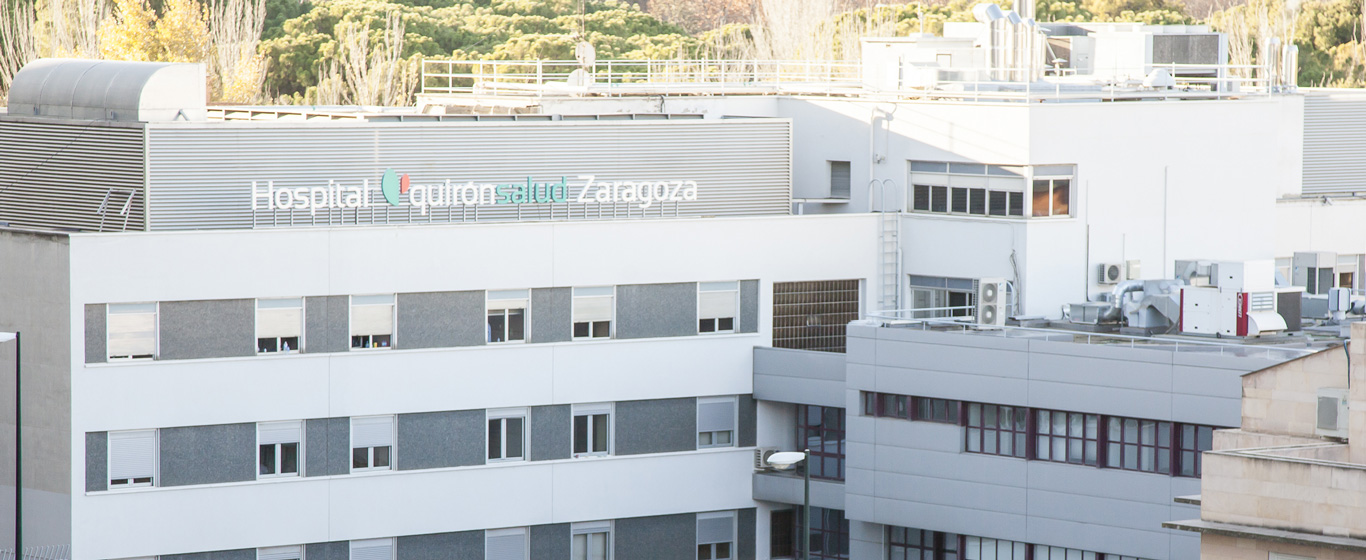Intensive care medicine
Find out what the speciality of intensive care medicine involves and what the most common procedures are in both the Intensive Care Unit (ICU) and the Intensive Monitoring Unit. We tell you which diseases are most commonly treated by intensive care doctors and what to expect from treatments. Get to know the Quirónsalud medical team at your nearest hospital.

What is intensive care medicine?
Intensive care medicine focuses on caring for patients whose lives are in danger due to serious illnesses, severe injuries, polytrauma or those who have undergone major surgery.
Given that they treat critically ill people, one of the main characteristics of intensive care doctors is that they provide constant specialised care for all types of pathologies and areas of the body. Therefore, their work requires a high level of coordination with the other areas of the hospital.
What does intensive care medicine study?
Intensive care medicine focuses on the treatment of patients with real or potential life-threatening risks with a chance of recovery. Therefore, this speciality ranges from knowledge of how to treat critical situations and promote patient recovery to the ability to react to an emergency.
- Intensive Care Unit (ICU) or also known as Intensive Monitoring Unit: specialised area in a hospital designed to provide intensive care and continuous monitoring of critically or seriously ill patients. Equipped with advanced technology and specialised staff, these units focus on the stabilisation and recovery of patients with medical or surgical conditions requiring intensive care.
With a view to providing the most appropriate care in each case, intensive care doctors may subspecialise in the treatment of the following patients:
- Coronary: patients with severe heart problems such as heart failure, severe arrhythmias, angina pectoris or myocardial infarction.
- Polytrauma: patients with injuries in several organs or in a single one of such severity that it is life-threatening.
- Septic: patients with severe infections and systemic complications who receive specialised care to address sepsis and its consequences.
- Post-surgical: patients who have undergone major surgery with risk of complications.
Which patients is it for?
Intensive care medicine is aimed at critically ill or injured patients, who present life-threatening conditions or require intensive monitoring and treatment. This includes complicated post-operative patients, those with acute respiratory failure, shock, severe trauma, sepsis, multiple organ failure or other acute medical conditions. Intensive care doctors work to stabilise, manage and improve vital organ function, providing specialised care and life support to facilitate recovery or transition to a less intensive level of care
Techniques, procedures and diagnostic methods
Of the many diagnostic tests used to track the evolution of treatments or detect new disorders, and therapeutic procedures that are applied in intensive care medicine, the following are particularly important:
- Continuous monitoring: Constant monitoring of vital signs, electrocardiogram, blood pressure, oxygen saturation and other parameters to assess the stability of the patient.
- Mechanical ventilation: In cases of acute respiratory failure, mechanical ventilation is used to assist breathing.
- Administration of drugs: Use of medication to stabilise blood pressure, control pain, treat infections and maintain sedation as needed.
- Cardiovascular support: Includes the use of devices such as pacemakers, infusion pumps for inotropes, and other methods to maintain cardiac function (ECMO).
- Diagnostic Imaging: Use of X-rays, ultrasound, computerised tomography (CT) and magnetic resonance imaging (MRI) to assess the anatomy and function of internal organs.
- Haemodialysis: In cases of kidney failure, haemodialysis is performed to remove waste and maintain the balance of electrolytes in the blood.
- Haemodynamic monitoring: Direct measurement of pressure in the heart and great vessels to assess cardiac function and guide fluid administration. Performance of ECG.
- Nutrition management: Adequate nutrition of critically ill patients is ensured through nasogastric tube or parenteral nutrition.
- Pain management and sedation: Control of discomfort and anxiety through the administration of analgesics and sedatives.
- Drain and catheter management: Management and care of drains, catheters and other invasive devices used to monitor and treat various conditions.
- Early rehabilitation: Starting rehabilitation procedures, such as mobilisation and physical therapy, as soon as possible, to prevent muscle weakness and improve functional recovery.
- Control of infections: Implementation of rigorous measures to prevent and control hospital-acquired infections, including suitable use of antibiotics and isolation techniques.
Diseases and symptoms
Main pathologies and diseases
The intensive care unit usually treats diseases such as:
- Stroke
- Sepsis or septic shock
- Heart failure
- Kidney failure
- Cerebrovascular accident (stroke)
- Hypovolaemic shock
- Renal failure
- Liver failure
- Poisoning
- Acute respiratory failure
- Cardiac arrest
- Acute poisoning
Related symptoms
Intensive care patients often manifest the following symptoms:
- Tachycardia
- Fever
- Vertigo
- Low blood pressure
- Abdominal pain
- Oliguria or decreased urine output
- Cough
- Fainting
- Fatigue
- Shivering
- Swollen abdomen
- Confusion
About the intensive care medicine consultation
We solve any doubts you may have before you see the specialist
Given the speciality’s nature, there are no intensive care consultations as such. Specialists treat seriously ill patients admitted to hospital when required, but these patients have not received a prior assessment.
What should you keep in mind?
ICU patients receive constant and sometimes emergency care. When the patient is conscious, they are informed about the treatments being applied and, in all cases, the evolution and next steps are discussed with the family on a daily basis.
What should I take to the appointment?
When patients are admitted into the ICU, the specialists receive the necessary information from the referring doctor. If you go for a consultation after being discharged, it helps to bring with you the reports of the hospital stay and to any subsequent check-ups.

If you have any further questions, please contact us through the Patient Services telephone number: 900 301 013




